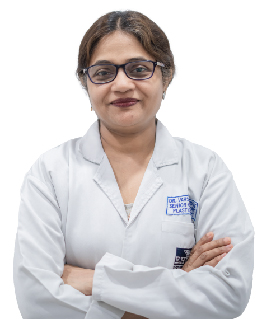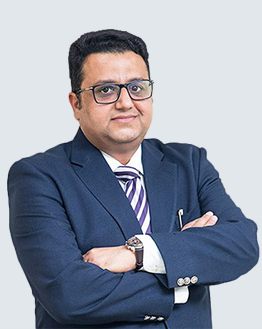Facial cosmetic surgery is a type of plastic surgery performed to improve a person's facial appearance, thus boosting their self-esteem or self-confidence. Facial plastic surgery is vital because our facial expressions allow us to interact and communicate with each other. Our appearance has an impact on how others perceive us. Hence, some would like to improve specific parts of their face through facial surgery. However, these surgeries can help others born with facial abnormalities such as a cleft lip, a birthmark, or other deformities.
Types of Facial Cosmetic Surgery
Fortunately, many conditions, such as the effects of ageing, sun damage, or previous facial trauma, can be corrected through cosmetic procedures.
These procedures are available for almost any part of the body, but facial surgeries are more in demand than others. However, their results are often permanent, so it is crucial to be sure about the decision and choose an appropriate practitioner to have the correct results.
Types of facial cosmetic surgeries include:
- Botox
- Cheeks lift
- Chemical peel
- Chin surgery
- Cosmetic dentistry
- Facial filler
- Facial wrinkle
- Laser hair removal
- Rhinoplasty
- Brow lift
- Facial contouring
- Wrinkle treatment
- Laser resurfacing
Facial Cosmetic Surgery Procedures
- Rhinoplasty: Rhinoplasty is also known as a nose job where the surgeon reshapes the patient's nose to improve appearance. However, it may affect breathing too.
- Otoplasty: Otoplasty or ear surgery shapes the ear by pinning the ear closer to the head resulting in the reshaping of cartilage.
- Rhytidectomy: It is also commonly known as a facelift that aims to remove wrinkles surgically.
- Browplasty: It aims to improve the signs of ageing by raising eyebrows and removing forehead wrinkles or worry lines.
- Blepharoplasty: It is called eyelid surgery that aims to reshape the eyelids.
- Cheek Augmentation: Using fillers, implants, or grafts to contour and angle the cheeks.
- Cheek fat removal (buccal fat pad excision): Removal of fat in the lower cheeks to slim and contour the face.
- Lip augmentation: Temporary or permanent injectables or surgery with or without implants creates fuller, more appealing lips.
- Lip lift: Remove a thin strip of upper lip skin to surgically raise the lip and yield the appearance of a fuller lip.
- Lip reduction: Reduce the size of the upper or lower lip by removing a thin strip of tissue.
- Bat ear correction: pinning back of prominent ears or reducing and reshaping overly large or malformed ears.
Why is it performed?
Cosmetic surgery can bring long-lasting and dramatic changes in appearance that most people consider beautiful. However, because the changes are permanent, one should consult a specialist cosmetic surgeon to discuss their desired outcomes. It's because cosmetic surgery has its limits, and it can't alter some physical characteristics. So before you choose to have facial cosmetic surgery, keep in mind the following facts.
- Have a realistic expectation about what can be accomplished and what not.
- Take control of chronic medical conditions that can alter the process.
- One should not have any history of smoking or chewing tobacco for 4 to 6 weeks before and after the surgery.
- The body should have a stable weight for at least 6 to 12 months.
- Understand the medical risks and physical effects during healing.
Risks involved with Facial Cosmetic Surgery
All surgeries carry some risk, especially if you are obese, have diabetes, or are a chain smoker. These problems increase the risk of developing complications such as blood clots in the legs or lungs.
Possible complications before any surgical procedure include:
- Fluid buildup under the skin
- Mild bleeding
- Numbness from nerve damage can be permanent
- Infection at the incision site
- Scarring due to skin breakdown
What is the result of Facial Cosmetic Surgery?
Sometimes bruises can be caused after the surgery, causing swelling of the area. However, it's not a cause of concern as it might take three or more weeks for those bruises to go away. However, swelling might take longer. Recovery periods vary from person to person, and the procedure and routine follow-ups with doctors are necessary to ensure long-lasting results.
Why EHCC?
At EHCC, we have a highly qualified and dedicated team of urologists who are always committed to providing the latest and most advanced medical care to all our patients. Being a trusted name in healthcare, we act compassionately while ensuring confidentiality to those who need it. We have set high standards in patient-centric premium care and outstanding patient safety, and exceptional maintenance in a timely manner. In addition, we adhere to the use of up-to-the-minute innovations to offer state-of-the-art treatments to our patients with unparalleled results.



